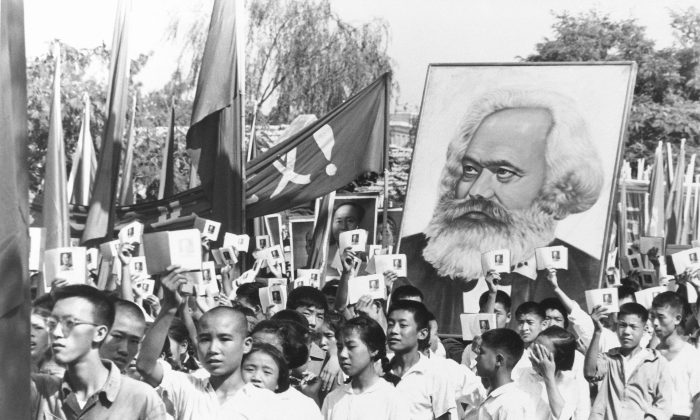The Chinese Communist Party (CCP) often labels free societies critical of it as “hostile foreign forces,” but history reveals that foreign forces played a role in the establishment of the CCP. The first CCP congress had two foreign delegates out of the 15 present. The first elected CCP leader, Chen Duxiu, later renounced the party, citing concerns about its dictatorship and loyalty to the Soviet Union.
Two Westerners, Henk Sneevliet (Maring) and Vladimir Abramovich Neiman Nikolsky, were instrumental in setting up the CCP, providing direct funding and organizational support. The CCP’s ties to the Soviet Union were evident, leading to conflicts with Chinese interests. The CCP’s emergence and survival were facilitated by a unique political environment in China in the 1920s.
Many of the original Chinese delegates to the CCP met tragic ends, with some being executed, persecuted, or renouncing the party. Chen Duxiu, a prominent member, was expelled for opposing the party’s allegiance to the Soviet Union and later faced false accusations and persecution. The fate of the Chinese delegates highlights the complex history of the CCP’s origins and early years. In April 1938, Zhang made the decision to defect from the Party and surrendered to the government of the ROC. He wrote a statement of resignation, expressing that the CCP no longer aligned with his beliefs and ideals. Similarly, Zhou Fohai and Chen Gongbo resigned from the CCP in 1922 and 1924 respectively. Additionally, Li Hanjun, Pao Huisheng, and Liu Renjing either resigned or were expelled from the Party, while Wang Minmei passed away in August 1925 in Qingdao.
Shi Shan, a senior writer and contributor to The Epoch Times, highlighted the significance of Chen Duxiu’s and Zhang Guotao’s testimonies for individuals interested in understanding the CCP today. Chen Duxiu, the CCP’s first General Secretary, issued a statement of withdrawal from the Party, while Zhang Guotao’s memoirs provide valuable historical insights. These individuals were renowned idealists and intellectuals in China, driven by a passion to rebuild the nation and create a better future for humanity. Their perspectives on the CCP offer important lessons for contemporary Chinese society.
Please note that the opinions expressed in this article are solely those of the author and may not necessarily reflect the views of The Epoch Times.
Source link





